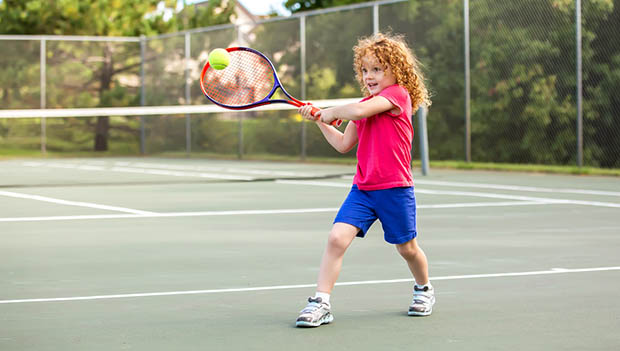Have you ever pondered the requisites for transitioning into a professional tennis player? What mindsets are essential, and how should one approach training? At A1 Tennis, we’ve delved into these questions, and in this post, we’ll share insights into attaining the prestigious status of a professional tennis player.
Determination and mental resilience are paramount prerequisites for those ascending to the elite echelons and those grappling with the reality of falling short of that pinnacle. The pressures and demands in elite tennis are immense, underscoring the critical need for maintaining mental clarity for success.
A multitude of aspiring players commence their training, fueled by the aspiration to emulate luminaries such as Carlos Alcaraz, Novak Djokovic, Roger Federer, or Rafa Nadal. Nevertheless, only a select few ascend to this echelon. Regardless of the outcome, mental fortitude remains the foremost requirement.

Key Components for Becoming a Professional Tennis Player
Innate Talent: The ongoing debate surrounding the significance of talent vis-à-vis hard work and determination persists. While some argue that talent can be substituted with effort and dedication, triumphant players invariably fuse natural talent with an unparalleled work ethic.
Prioritizing Enjoyment: Before evaluating a child’s aptitude for tennis, it is imperative that they derive joy from the game. Subjecting a child to rigorous discipline from a tender age is ill-advised. Fun lies at the core of sustaining interest and thwarting premature discontinuation of tennis practice.
Tailored Training: Each child possesses a unique learning pace, making personalized training the epitome of efficacy. However, this approach can be financially taxing and may not be within reach for all families.
Parental Approach: Parents should grant their children autonomy in decision-making and provide them the freedom to enjoy tennis on their own terms. Imposing unrealistic expectations on children is counterproductive. Delegating the responsibility of training to coaches, much like teachers handling education, is imperative.


Additional considerations involve maintaining optimal physical condition, adhering to a well-balanced diet supervised by a nutritionist, and an unwavering commitment to rigorous training. While the journey to becoming a professional tennis player is challenging, instilling passion and enjoyment from the early stages remains indispensable for triumph.
What other aspects would you include in these guidelines for aspiring professional tennis players? How do you think parents should introduce their children to tennis? If you find this article insightful, why not share it on your social media? Your support would be greatly appreciated.

